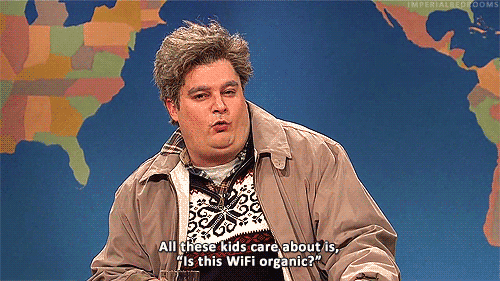
People have been debating the benefits of organic versus non organic food for years. Exhibit A, from 2012. (Pay specific attention to the comments section.) For some reason, organics have always been a “back in my day” and “get off my lawn” issue that gets people’s ire up. Well, here’s some fuel for the fire: A new study published in the British Journal of Nutrition found clear benefits of consuming organic milk and meat.
The study is admittedly among only a small number of studies that examine this comparison, and research recognizes that the results carry a high level of uncertainty — but it’s also the largest study of its kind. Seeing as there is overlap between the positives found in Exhibit A and those found in the newest research, we’re likely to acknowledge it has some value.
The fact is: Researchers found that switching to organic milk and meat would increase our intake of nutritionally significant fatty acids. These Omega-3 fatty acids are important for cardiovascular health, neurological development, and immune function. This is particularly relevant in Western Europe where diets lack these fatty acids.

The study points out that switching to organic would provide the benefits our diets lack without compromising caloric intake or the intake of undesirable fat. (According to the study, half a liter of organic whole fat milk provides 16% of the recommended intake of fat while conventional milk provides only 11%.) The switch will certainly compromise your wallet but the more research we see, the more it seems like a worthy investment.
Maybe every yoga mom who said “it’s an investment in your health!” was right. Lower organic meat and milk also have fewer bad-for-you fatty acids, and would improve omega-6/omega-3 ratio, plus higher levels of fat soluble vitamin E. So…that’s all good.
People generally choose organic milk and meat for three reasons: improved animal welfare, positive impact on the environment, and perceived health benefits. And while it may seem “self-righteous” to think your consumption habits have an impact on any of these three things, evidence is tough to argue with.
(Via Newcastle University)






